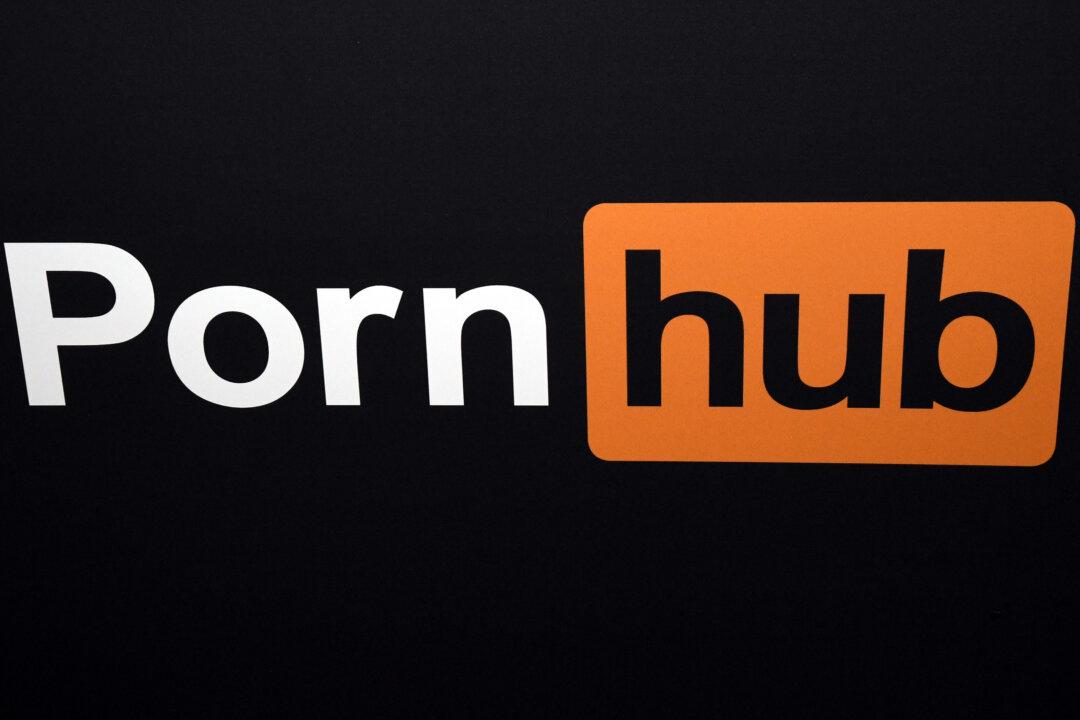MasterCard on April 14 announced it is changing its rules and standards for banks that process payments for sellers of adult content.
The company announced the new rules in a blog post on Wednesday and said that banks will now have to ensure that sellers require “clear, unambiguous and documented consent” in adult content.




